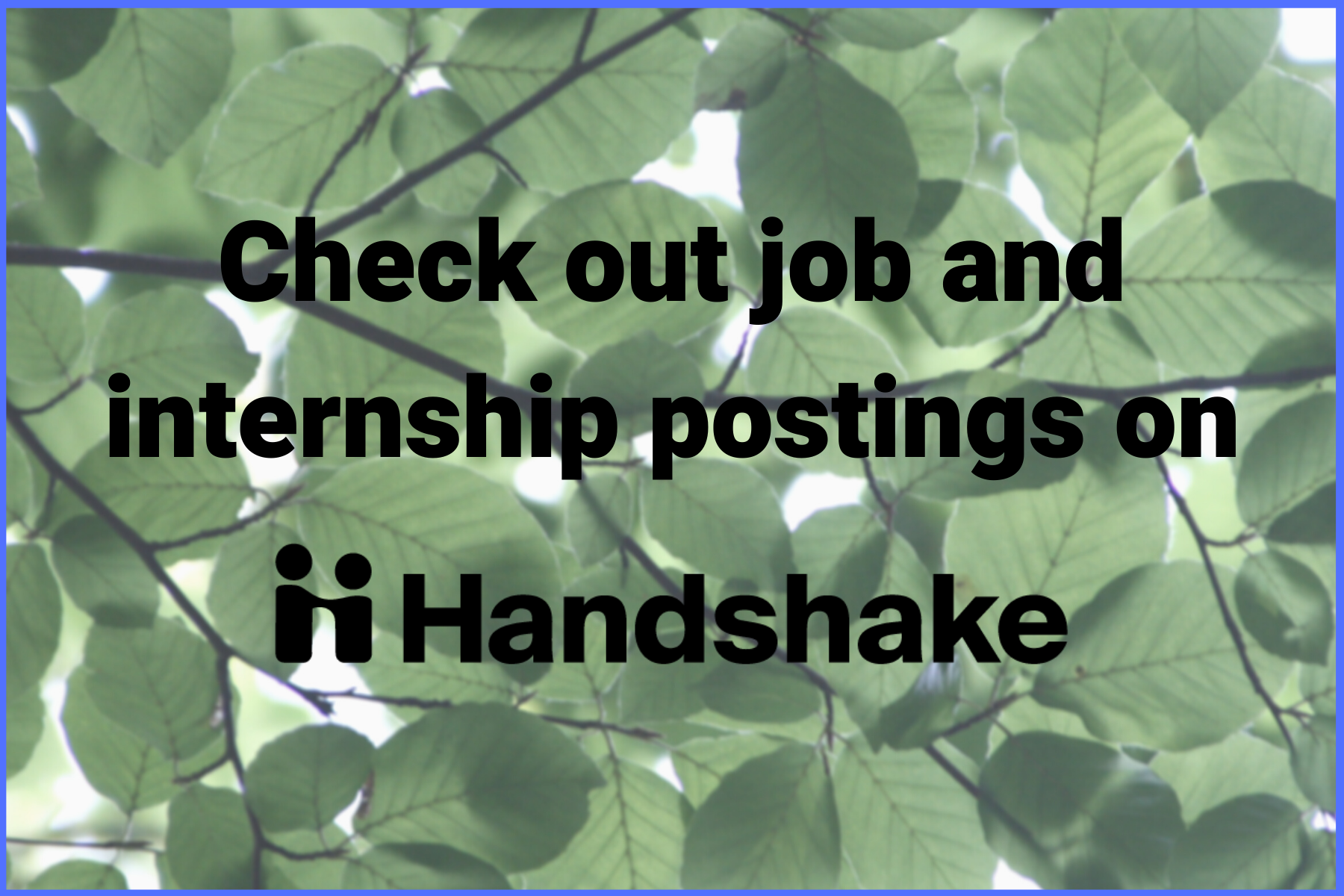Environmental Cluster
Interested in the natural world and the impact of human activity on its condition?
Working with the environment and natural world includes work in Food Systems, Energy, and Wildlife & Nature Conservation. Possible careers include:
-
Environmental Scientist
-
Environmental Lawyer
-
Zoologist
-
Food Activist
-
Organic Architect
-
Fire Protection Engineer
- Conservation Scientist
-
Habitat Specialist
-
Wildlife Biologist
-
Biostatistician
-
Animal Psychologist
-
Geographer
-
Surveyor
-
Park Ranger
-
Naturalist
Here are some of the more common majors for this pathway. Even if you do not see your major listed, you could still find a rewarding career in environmental work. For more information, you can make an appointment to talk with a career coach at the Berry Career Institute for further guidance.
The following are just a few courses that you might consider while exploring this career cluster. Please note that course numbers and titles are subject to change. Consult the Course Catalog for current course information.
-
ENV 101 - Environmental Perspectives (1)
-
GEO 105 - Marine Science (1)
-
GEO 122 - Climate Change (1)
-
PHI 109 - Ethics and Climate Change (FYS) (1)
-
PSY 109 - Psychological Insights into Environmental Problems (FYS) (1)
-
BIO 141 - Foundations: Cellular Biology (1)
-
BIO 142 - Foundations: Organismal Biology (1)
- SOC 101 - Sociological Thinking (1)
General information about off-campus study, travel abroad, passport applications, and affiliated and non-affiliated study abroad programs are available from the Office of International and Off-Campus Studies. Students may participate in multiple off-campus study opportunities during their career at Cornell. In order to be eligible to participate in any off-campus study at Cornell, students must:
- have a cumulative GPA of at least 2.0 (unless a higher grade point average is specified)
- be in good disciplinary standing with the College
- be in good financial standing with the College
-
Food Recovery Network
- Women in STEM
Recent internship and research sites:
- North American Bear Center, Ely, MN
- Audobon Center at Francis Beidler Forest, Harleyville, SC
- Baruch Marine & Coastal Institute, Georgetown, SC
- Woods Hole Oceanographic Institute, Woods Hole, MA
- Amazon Learning, Quito, Ecuador
- African Campus, Mossel Bay, South Africa
-
Climate Change & Forest Conservation Intern, Amazon Learning, Tena, Ecuador
-
Conservation Medicine Internship, Saint Louis Zoo, St. Louis, MO
-
Land Stewardship Intern, Iowa Natural Heritage Foundation, Council Bluffs, IA
-
Researcher, Baruch Institute for Marine and Coastal Sciences, Georgetown, SC
-
Student Liaison to Green Iowa Americorps, Fillmore Site, Cedar Rapids, IA
-
Underwater Soldier, Aqualogic Dive and Guide, Chestertown, NY
-
Voyager Outward Bound Intern, Ely Homeplace, Ely, MN
Job search resources:
US Dept. of Labor resources:
Research opportunities:
Ingenuity in Action Experiences and Funding:
Use the “See Alumni” button on the Cornell College page on LinkedIn to view alumni by major, geographic location, industry, etc.
Alumni Careers
- Microbiologist, Kraft Heinz Company, Massillon, OH
- Volunteer Coordinator, Crane Trust, Wood River, NE
- Advanced Naturalist Intern, Audubon Center of the North Woods, Sandstone, MN
- Associate Scientist, Environmental Works, Inc., Kansas City, MO
- Education Specialist, Hawks Aloft, Inc., Albuquerque, NM
- Green Building Specialist, The Element Group, Cedar Rapids, IA
- Naturalist & Special Projects Coordinator, Port Royal Sound Foundation, Beaufort, SC
- Conservation Stweard, The Nature Conservancy, Arlington, VA
- Project Manager, Texas Commission on Environmental Quality, Austin, TX
- Graduate Researcher in Veterinary Medicine, University of Calgary, Alberta, Canada
- Environmental Technician, Environmental Consulting & Technology, Inc., Iowa City, IA
- Natural Areas Ecologist, ILM, West Chicago, IL
- Natural Resource Technician, Lake County Forest Preserve District, Lake County, IL
- Senior Staff Scientist, Terracon, Cedar Rapids, IA
- Environmental Consultant, Merjent, IA
Should I earn a postgraduate degree?
This depends on your career goals and what you'd like to practice:
-
Master’s programs are designed to expand and deepen the knowledge and skills acquired as an undergraduate and allow you to specialize. Such a degree may be recommended (or even required) for certain professions. Master’s programs most often last two years and cover disciplines such as Environmental Management (M.E.M.), Environmental Science (M.S.), and Forest Ecology (M.S.).
-
Doctoral (Ph.D.) programs are generally designed for people primarily interested in scientific research as relevant to the environment. These programs typically last 4-6 years and might involve specializing in conservation / field biology, microbiology, chemistry, or even statistics.
Additional exploration resources
Cookie Policy
Cornell College asks you to accept cookies for authorization purposes, as well as to track usage data and for marketing purposes. To get more information about these cookies and the processing of your personal information, please see our Privacy Policy. Do you accept these cookies and the processing of your personal information involved?

